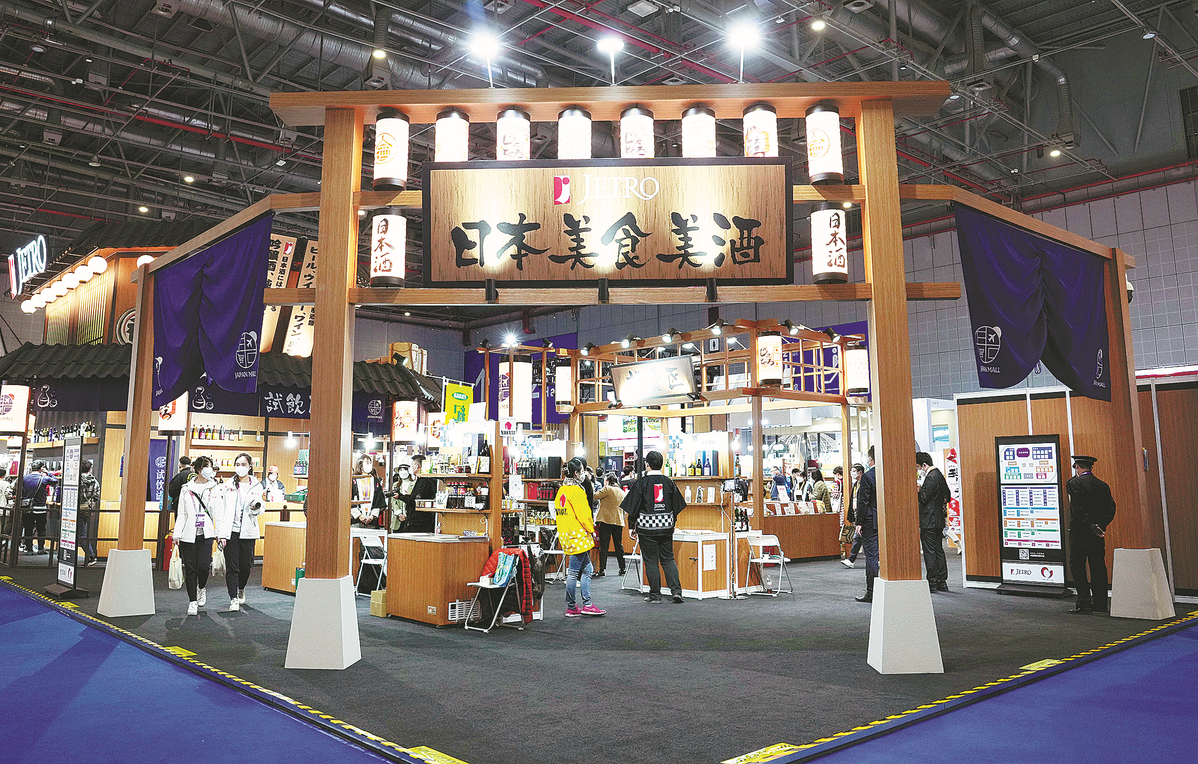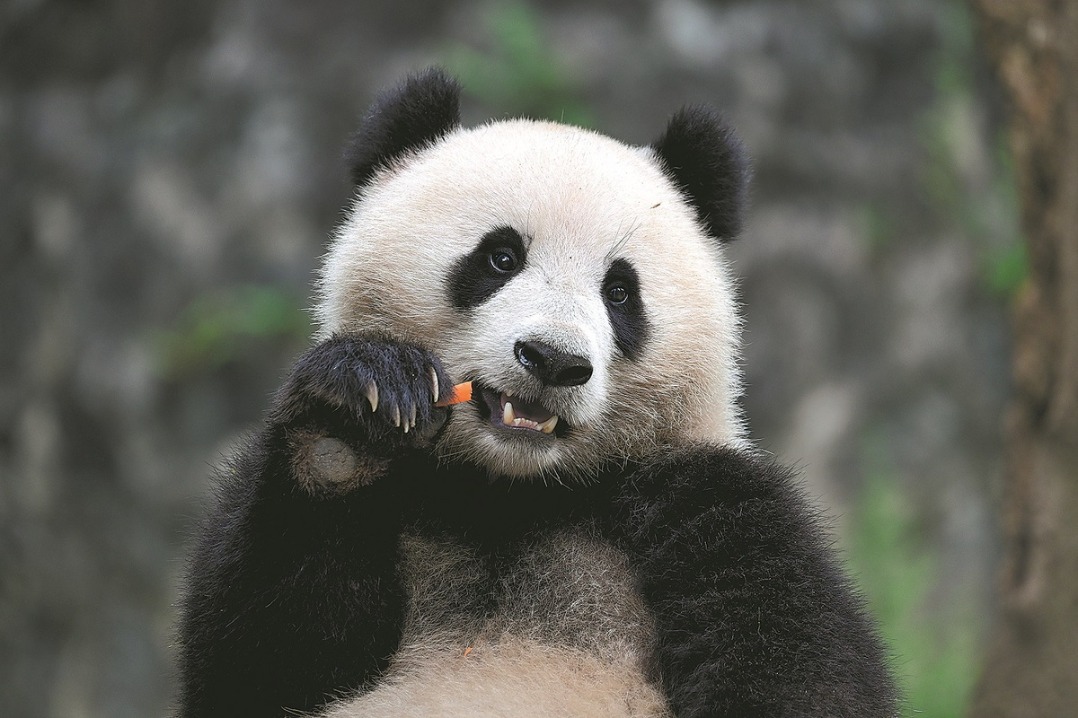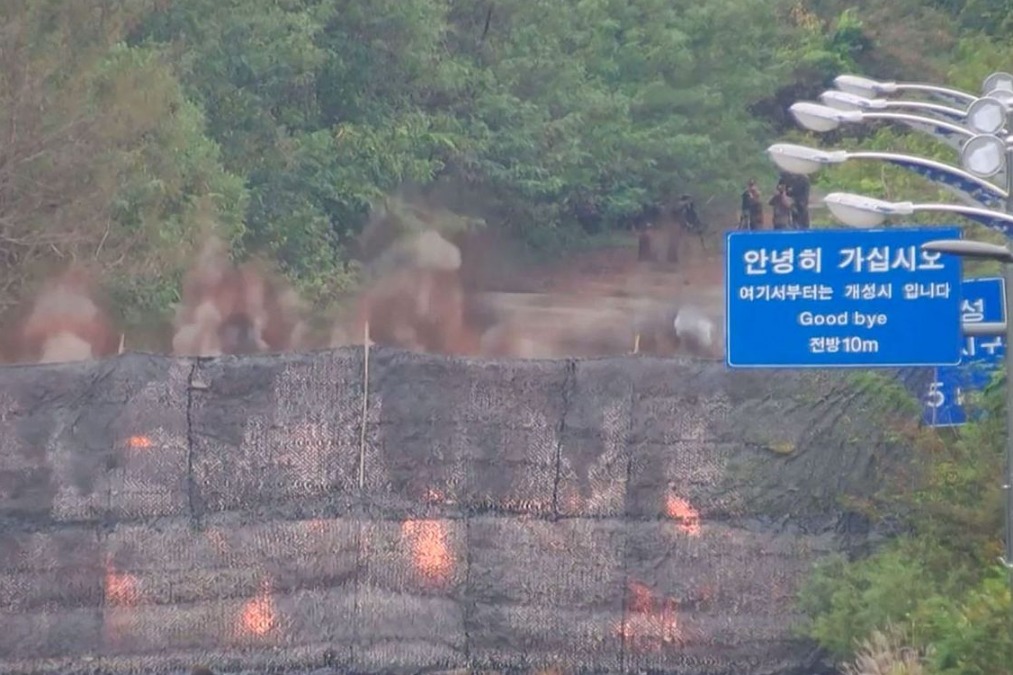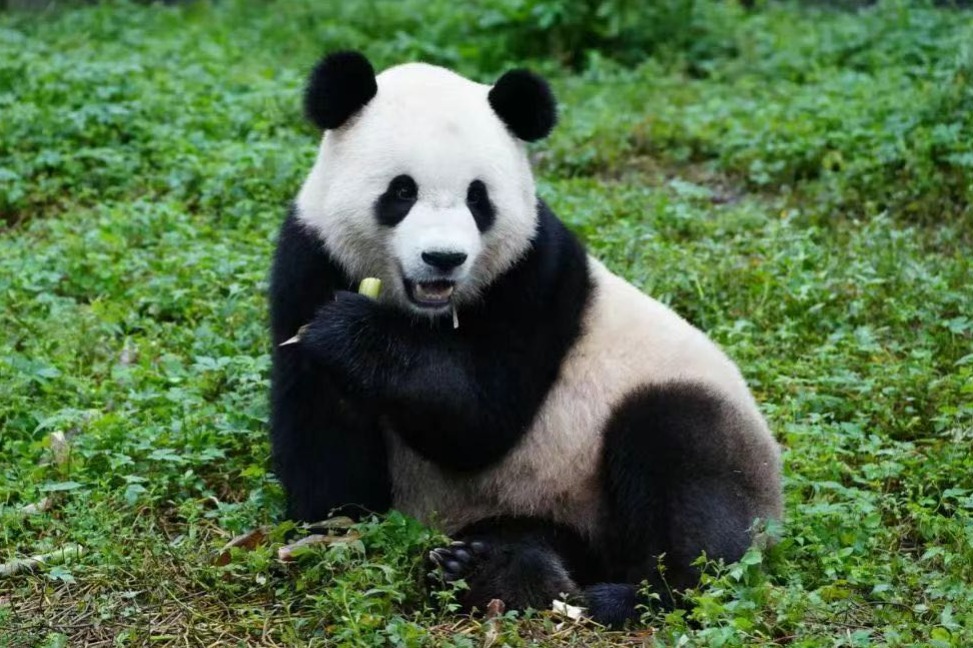Shared destiny bound to bring neighbors together


Victim of protectionism
In fact, Japan itself is a victim of protectionism and unilateral sanctions and should know better what is good for all and what it means to "take from others by force and subterfuge".
US export restraints in the 1980s on motor vehicle and semiconductor exports from Japan dealt a heavy blow to its major car and electronics companies. The Plaza Accord in 1985 resulted in a very strong yen and further hurt Japanese exporters, which ended with Japan falling into the abyss of what is widely called the lost three decades.
Wang said that it was amid US sanctions that China stepped in to provide low-cost labor and materials to Japanese companies as they aimed to increase productivity by streamlining operations, closing inefficient domestic factories and curtailing relationships with suppliers that lacked key technologies.
"During the process, China gradually permitted Japanese companies to enter business areas in which entry had traditionally been banned, and gave them preferential treatment, which they had been unable to enjoy before, through deregulation, approval and licensing."
For foreign investment in the past, China was just a raw materials provider, Wang said, but now the rapidly growing country offers a more profitable market than mature economies, and more profit means more money for research and development to stay ahead of the competition.
Before the pandemic, Vogel wrote: "More goods are exchanged, and more people travel between the two countries (China and Japan) in a single day now than in an entire decade during the centuries of the Qing Dynasty (1644-1911) and the Tokugawa Period."
It is expected, then, that such unprecedented economic and cultural contact will allow the relationship between the two countries to evolve beyond political differences and bring the two closer together, so that they can live peacefully and respectfully and profit alongside one another.

































